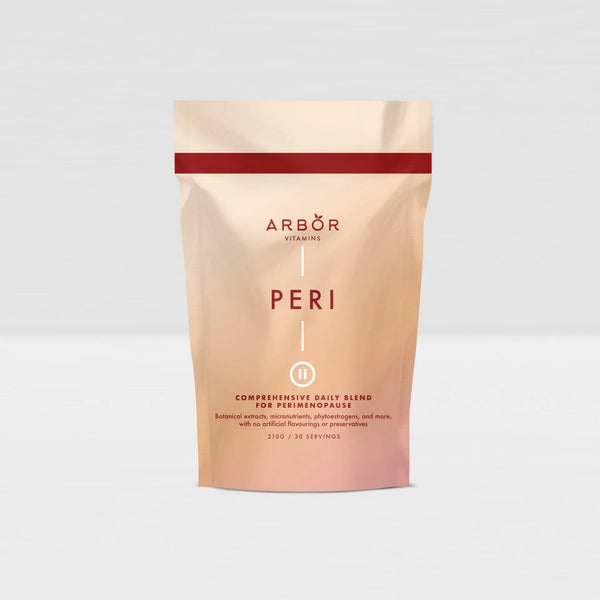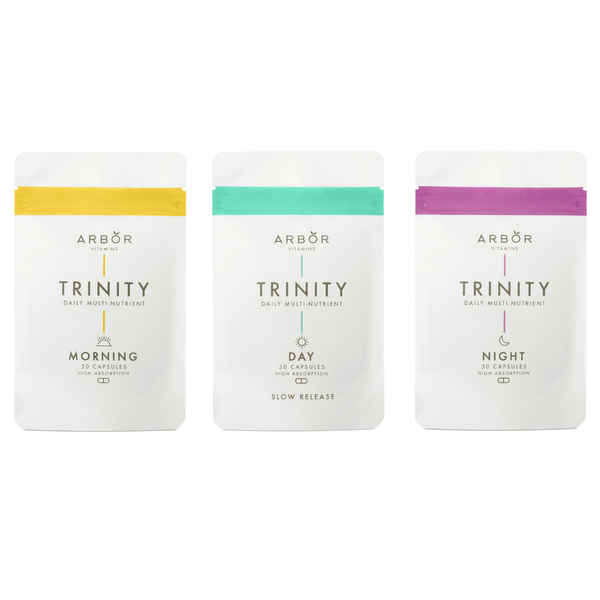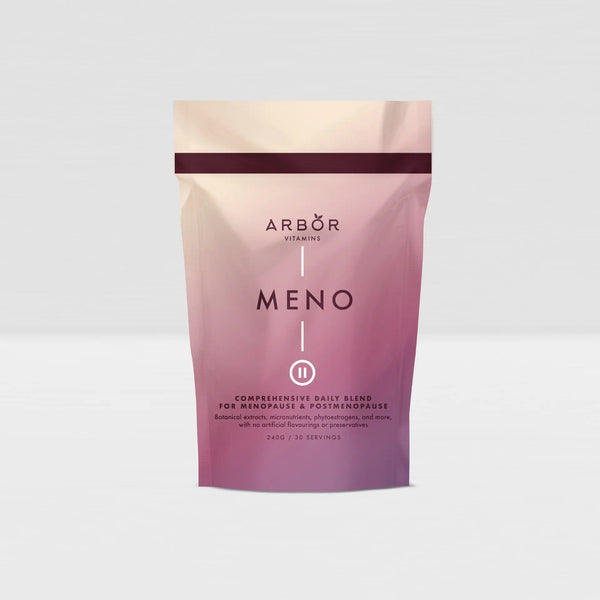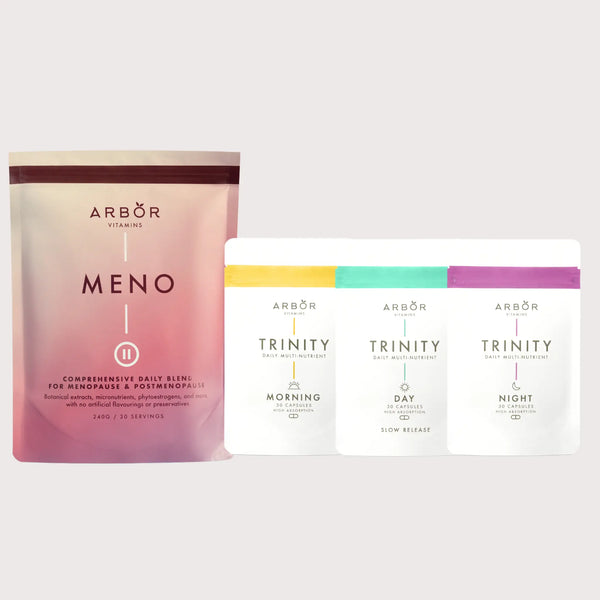Unlocking the Health Benefits of Fermented Foods with Arbor Vitamins: A Deeper Look
Fermented foods have been celebrated for centuries, not only as a culinary tradition but as an essential tool for preserving food and enhancing its nutritional value. In today’s world, fermentation is more than just an ancient practice; it's a gateway to modern health benefits that are revolutionising our understanding of nutrition. Fermented foods, such as kimchi, sauerkraut, and kombucha, are making their mark as superfoods, with science backing up the health claims for their inclusion in our diets. Let's explore the science behind fermented foods and how they can boost your health from the inside out.
1. What Is Fermentation? A Timeless Process
Fermentation is a metabolic process where microorganisms—such as bacteria, yeast, and fungi—convert organic substances like sugars and starches into alcohols or acids. This transformation does more than just preserve food; it enhances its flavours, textures, and nutritional profile.
Historically, societies from all over the world, including Korea, Germany, France, and Japan, have used fermentation to transform basic ingredients into staple foods with robust flavours and powerful health benefits. Modern science has now started to explore the deeper benefits of these age-old traditions, showing us that the benefits of fermented foods go far beyond mere taste.
2. Nutritional Advantages of Fermented Foods
Fermented foods are more than just a flavourful addition to your plate—they also deliver impressive health benefits. The fermentation process enhances the bioavailability of nutrients and reduces anti-nutrients that can hinder our absorption of essential vitamins and minerals.
Enhanced Digestion and Nutrient Absorption:
Fermentation breaks down complex compounds, making nutrients more accessible. For example, soybeans become much easier to digest when fermented into tempeh or natto, improving protein absorption. Additionally, fermentation can increase the availability of minerals like iron, calcium, and zinc (Rizzello et al., 2016).
Vitamin Boost:
Many fermented foods contain higher levels of B vitamins, such as B12, folate, and riboflavin, thanks to the beneficial bacteria involved in fermentation. For example, sauerkraut, made from fermented cabbage, offers a significant boost in vitamin C and K content (Panda et al., 2016).
Reduction of Anti-nutrients:
Fermentation helps to degrade substances like phytic acid, which can otherwise reduce our ability to absorb essential minerals (Rizzello et al., 2016). As a result, the nutrients in foods like beans and grains become more bioavailable.
To complement the nutrient-rich profile of fermented foods, Arbor Vitamins’ MYCO Morning helps support a natural energy boost while optimising mental clarity, ensuring your body is ready to make the most of the nutrients you’re absorbing.
3. Gut Health: A Microbial Powerhouse
One of the most well-known benefits of fermented foods is their positive impact on gut health. Fermented foods are natural sources of probiotics—beneficial bacteria that play a pivotal role in maintaining a balanced gut microbiome.
Gut Microbiome Diversity:
The diversity of microbes in our gut is linked to overall health. Fermented foods support this diversity, enhancing digestive function and reducing the risk of gastrointestinal issues (Jeong et al., 2015).
Stronger Immune System:
A healthy gut barrier helps prevent harmful pathogens from entering the bloodstream. The probiotics in fermented foods strengthen this barrier and boost immune response, which may help reduce inflammation and allergy symptoms (Plaza-Diaz et al., 2019).
To further optimise gut health, MYCO Night helps support recovery and rejuvenation overnight, providing immune-boosting mushrooms like Reishi, ensuring your digestive system continues to thrive throughout the night.
4. Beyond Digestion: Broader Health Benefits
While fermented foods are best known for supporting digestion, their benefits extend well beyond the gut. Emerging research has revealed that they may have positive effects on various systems of the body.
Mental Health and the Gut-Brain Axis:
Studies suggest a strong link between gut health and mental well-being. A balanced gut microbiome can positively influence mood and mental health, potentially easing symptoms of depression and anxiety (Wallace & Milev, 2017).
The PERI Blend is designed to complement this, balancing hormones and promoting overall vitality—ideal for managing stress and mood, while fermented foods nurture your gut-brain connection.
Cancer Prevention:
Some fermented foods, such as kimchi, contain bioactive compounds that have demonstrated potential anti-carcinogenic properties in early studies (Kim et al., 2018). While more research is needed, these findings suggest that fermented foods may help lower the risk of certain cancers.
Metabolic Health:
Fermented foods might also support the management of metabolic conditions. Research indicates that fermented soy products like tempeh can improve insulin sensitivity, which is key to managing diabetes and metabolic disorders (Hong et al., 2019).
For added metabolic support, MENO Blend is designed for women in menopause, promoting metabolic health and reducing inflammation, which may amplify the benefits of fermented foods for overall vitality and balance.
5. The Cultural and Culinary Legacy of Fermentation
Fermentation is not only a health booster but also a deeply embedded tradition in many cultures. Throughout history, fermentation has been a method of preserving food, especially in regions with harsh climates or extended winters. Foods like kimchi in Korea, miso in Japan, and sauerkraut in Germany are integral to cultural identities, symbolizing innovation, survival, and shared experiences.
Fermented foods also play a role in detoxifying certain raw ingredients. For instance, cassava, commonly consumed in parts of Africa, contains toxins that are neutralized through fermentation. These methods of detoxification highlight fermentation’s crucial role in making potentially harmful foods safe to eat.
The TRINITY Blend is an ideal complement for overall health support, working in synergy with fermented foods to offer a holistic, all-in-one blend that supports joint health, digestive function, and energy.
6. The Future of Fermented Foods
As modern science continues to explore the health benefits of fermented foods, we are only beginning to understand their full potential. Fermentation’s ability to improve digestion, support mental health, boost immunity, and even reduce the risk of certain diseases makes it an indispensable part of a health-conscious lifestyle. With more people embracing plant-based diets and seeking natural ways to improve health, the demand for fermented foods is likely to continue growing.
Incorporating fermented foods into your diet can help nourish not only your body but also your mind, connecting you with both history and health in a profound way. So, whether you're enjoying a bowl of yogurt, sipping kombucha, or adding sauerkraut to your sandwich, you're not just indulging in a tasty treat—you're reaping the benefits of a centuries-old health tradition.












